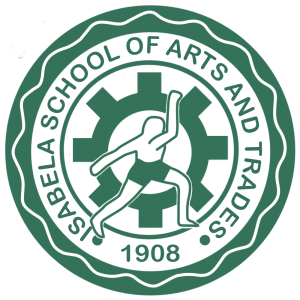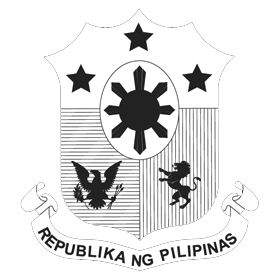INTRODUCTION
In its broadest sense, teaching is a process that facilitates learning. Teaching is the specialized application of knowledge, skills and attitudes designed to provide unique service to meet the educational needs of the individual and of society. The choice of learning activities whereby the goals of education are realized in the school is the responsibility of the teacher.
The continuous and fast changing technological advancement and with the advent of globalization in the industry and employment, every educational institution has to align its curriculum to the international standards of instruction to ensure that its graduates are competitive in the international work arena.
Such is transparent in the mission and vision of our institution as it aims to produce world class skilled workers relevant to global needs. Indeed, our school has crafted a curriculum in Diploma in Hotel and Restaurant Management that will give opportunity to learners wishing to pursue a career in the hotel and restaurant industry.
Even with the economic crisis that has impacted in many industries in recent years, hospitality and tourism amongst the fastest growing areas of employment in the world. Despite the huge growth, reports from other regions have highlightened the lack of skilled workers and staff to fill the vacancies. If employers are struggling to find individuals with the necessary skills and education to work in the sector, then what better way to impress them with a relevant undergraduate qualification.
In its approach for an effective process of learning, the Isabela School of Arts and Trades have introduces a curriculum that categorically defined the specific areas of learning and provides an exit point where a trainee will be eligible for employment at a particular level based on the Philippine Qualification Framework.
The learning outcomes gives emphasis on the student’s core competencies per level of learning, example at a level 1, are eligible to work as a semi-skilled worker while at a level 2 as a skilled worker, whereas at level 3 as a technician supervisor, then at level 4 as a master craftsman technologist and level 5 as an advanced professional senior manager.
After completing level 5, the student would earn a Diploma in Hotel and Restaurant Management that would ensure him/her to get a job with higher pay and greater task in the hierarchy of command and responsibility. Given the opportune time to pursue higher education, the subjects can be credited to any Bachelor’s degree related with Hospitality and Tourism courses.
Creating an atmosphere inside the classroom of instruction with cultural and gender sensitivity, teachers shall always take time in reviewing and evaluating his/her teaching and learning strategies, methodologies and curriculum to keep it aligned with the Philippine Qualification Framework.
Finally, seeing the students’ success are always the goal of every teacher and whether they are remembered or not, they would be the unsung heroes in the country.
PROGRAM OVERVIEW
This course is designed to provide the skills, knowledge and attitude in hotel and restaurant operations, food preparation and service, front and back office operations as well as marketing, financial analysis, accounting, intercultural team dynamics, management and many more. The learners will also gain a thorough foundation of national and international markets, exceptional guest service, industry standard software applications, leadership, cultural diversity and management skills.
Upon completion of the program, the student will attain several National Certificates with relevant training in Food Handling, Property Management System, First Aid and CPR, Occupational and Health and Safety in the Workplace and Work/Employees Compensation Law.


